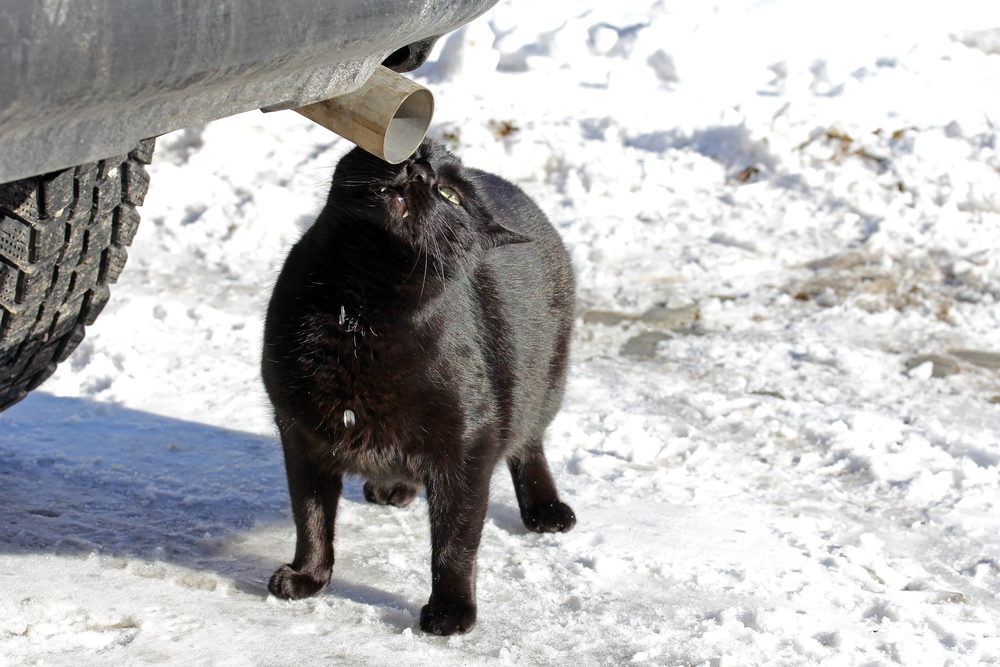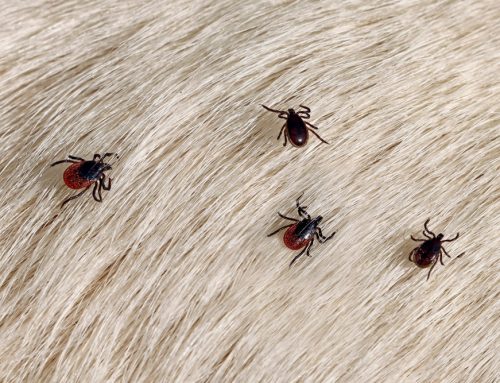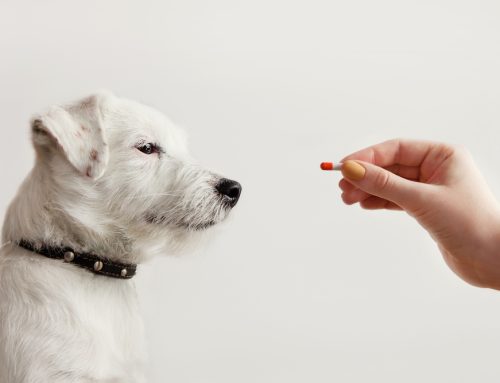New York winters are beautiful, but they also can be dangerous for pets. Pets are resilient, but their fur coats are no match for the season’s severe temperatures. Enjoy the cold weather with your furry friend while taking precautions to keep them safe and warm. Our team at Best Friends Veterinary Care has simple tips to help you protect your pet from three common cold weather hazards.
Pet Hazard #1: Freezing temperatures can cause problems for pets
When you step outside in the extreme cold and feel the harsh wind on your cheeks as the frigid temperature chills you to the bone, remember your pet experiences cold the same way you do. While wild animals have many natural adaptations to cold weather, such as a thick winter coat or insulating fat layers, a domesticated pet’s natural adaptations may not be enough to protect them from severe weather.
As a pet owner, you are responsible for ensuring your pet stays safe and warm throughout the cold winter months, and—fortunately—there are many steps you can take to keep your furry friend healthy, safe, and comfortable.
- Avoid shaving your pet — While a shorter cut may be helpful in the summer heat, finding the right balance for your pet’s coat is a must in winter. Trims around the paws, the rear end, or heavily feathered limbs will keep your pet’s fur healthy and reduce the accumulation of snow and ice balls. However, extensive shaving can rob them of the natural insulation that helps them stay warm in cold temperatures. Never shave double- or triple-coated breeds such as huskies, malamutes, or Pomeranians, because their outer coats help them regulate their temperature, while their inner coats provide insulation.
- Consider cold weather attire — When the temperature outside drops below 45 degrees, pets with short fur, small breeds, and very young or senior pets may need an additional layer of protection. Ensure you find a jacket that is the right fit for your pet’s comfort. A properly fitted pet jacket should cover their neck and belly, fit snugly but not too tightly, and reach the base of their tail. Your pet should be able to move freely when wearing their jacket, and their breathing should not be restricted.
- Supervise your pet — Supervise your pet’s outside time in the cold, and keep it brief when the temperature drops below freezing. Prolonged exposure to frigid temperatures increases the risk of frostbite and hypothermia in pets. Monitor your pet for hypothermia signs, which may include:
- Shivering
- Lethargy
- Shallow or labored breathing
- Low heart rate
- Dilated pupils
- Pale or bluish skin
- Decreased appetite
Bring your pet inside immediately if you notice any hypothermia signs, and contact your veterinarian for next steps.
Pet Hazard #2: Pet paws need protection from the elements
Before you head out for a walk in the cold, you probably throw on your warmest pair of cozy, waterproof boots. Your pet’s paws also can benefit from added protection to keep their sensitive pads dry and clean. Salt and other chemicals used to melt snow are often present on sidewalks and roads, and can irritate your pet’s skin and cause illness if licked and ingested. Your furry friend’s paws also can pick up moisture and debris during walks or while playing outside, which can cause their skin to become dry and cracked. Fitted pet boots can keep your pet’s paws insulated and protect their pads.
Pet Hazard #3: Antifreeze ingestion can be deadly for pets

Most antifreeze—the yellow-green liquid often used to winterize cars and homes—contains a dangerous ingredient called ethylene glycol. Ethylene glycol-based antifreeze tastes sweet but is highly toxic to pets. A single teaspoon can kill a cat and a tablespoonful can be fatal for a small dog. Store unused antifreeze in a secure cabinet out of your pet’s reach, be aware of antifreeze spills or leaks from a car’s radiator, and clean up spills quickly to avoid a life-threatening situation for your pet. If possible, opt for antifreeze that is propylene glycol-based and safer for households with pets.
New York winters are magical—especially with pets. Enjoy this beautiful time of year while keeping your pet safe and warm at the same time. Contact our team at Best Friends Veterinary Care if you have additional questions about cold weather pet safety, or if your pet gets into a dangerous winter toxin, such as antifreeze.








Leave A Comment